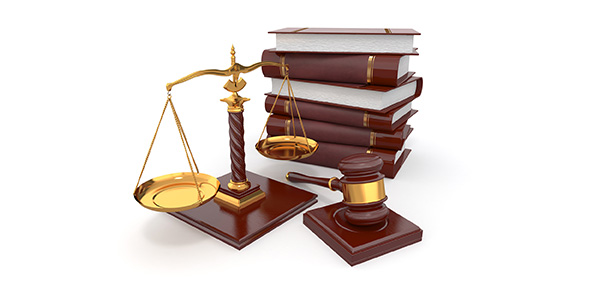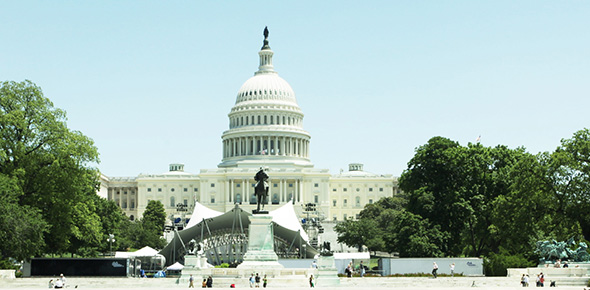Related Flashcards
Cards In This Set
| Front | Back |
|
1st Amendment

|
Amendment 1: Rights of freedom of religion (prohibits establishment of one religion over another by law, practicing religion freely), freedom of expression, freedom of speech, freedom of assembly and freedom of press. Gives us all of our basic rights
|
|
2nd Amendment
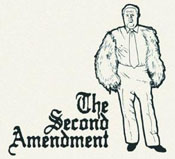 |
Amendment 2: Right to possess arms.
Right to carry a firearm |
|
3rd Amendment
 |
Amendment 3: Quartering of soldiers prohibited during peacetime. Soldiers should be quartered at a civilian home only with the owners permission.
|
|
4th Amendment
 |
Amendment 4: Freedom from seizure of property, arrests and searches without a specific warrant
|
|
5th Amendment
 |
Amendment 5: Prohibits trial for a crime except on indictment of a Grand Jury and double jeopardy, prohibits punishment without legal procedures and taking away of private property without adequate compensation.
|
|
6th Amendment
 |
Amendment 6: Right to a public and speedy trial by an impartial jury, to confront the witnesses against the accused and to have a legal attorney in defense of the accused.
|
|
7th Amendment
 |
Amendment 7: Right to trial by a jury in civil cases
|
|
8th Amendment
 |
Amendment 8: Prohibits imposing cruel, unusual punishments and fines, prohibits granting excessive bails.
|
|
9th Amendment
 |
Amendment 9: Assures the recognition of those rights that people may have but are not listed here.
|
|
10th Amendment
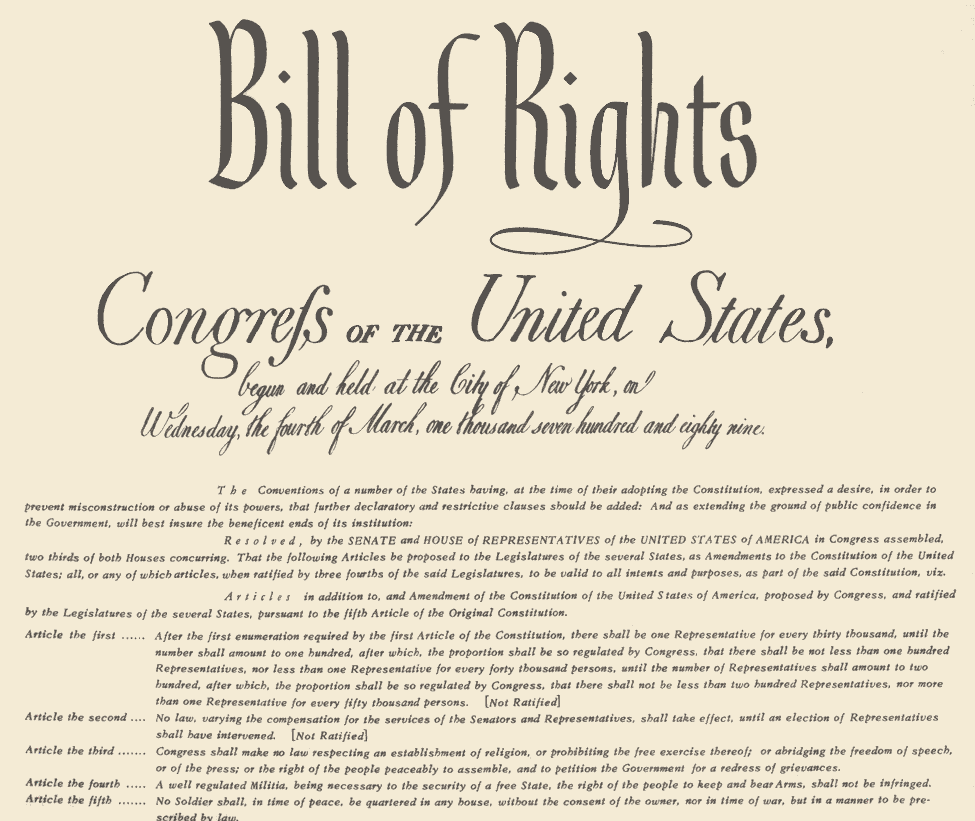 |
Amendment 10: Provides that the powers that are not given to the United States nor prohibited by the constitution are reserved to the states respectively or to the people.
|
 11th Amendment  |
Amendment 11: Clearly states the judicial powers of the US states and the federal government on foreign nationals and the limitations of the citizens to sue states under federal law. Ratified on 2/7/1795.
|
|
12th Amendment
 |
Amendment 12: Specifies the procedure for electing the president and the vice-president of the US separately by ballot votes. Ratified on 6/15/1804.
|
|
13th Amendment
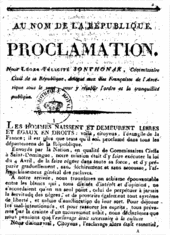 |
Amendment 13: Establishes the abolishment of slavery from the US and all the places that fall under its jurisdiction. Ratified on 12/6/1865.
|
|
14th Amendment
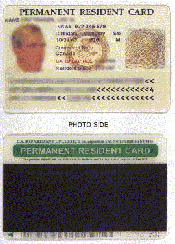 |
Amendment 14: Broadly defines the parameters of the US citizenship, prohibits the states from reducing or diminishing the privileges of citizens and emphasizes their 'right to due process and the equal protection of the law'. Ratified on 7/9/1868.
|
|
15th Amendment
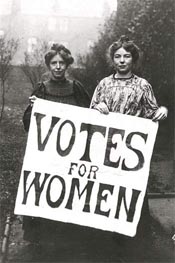 |
Amendment 15: The citizens' right to vote shall not be denied by the states or the federal government on the basis of race, color or previous status of servitude. Ratified on 2/3/1870.
|



